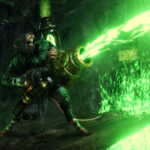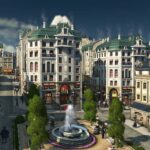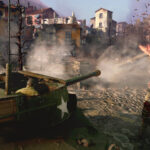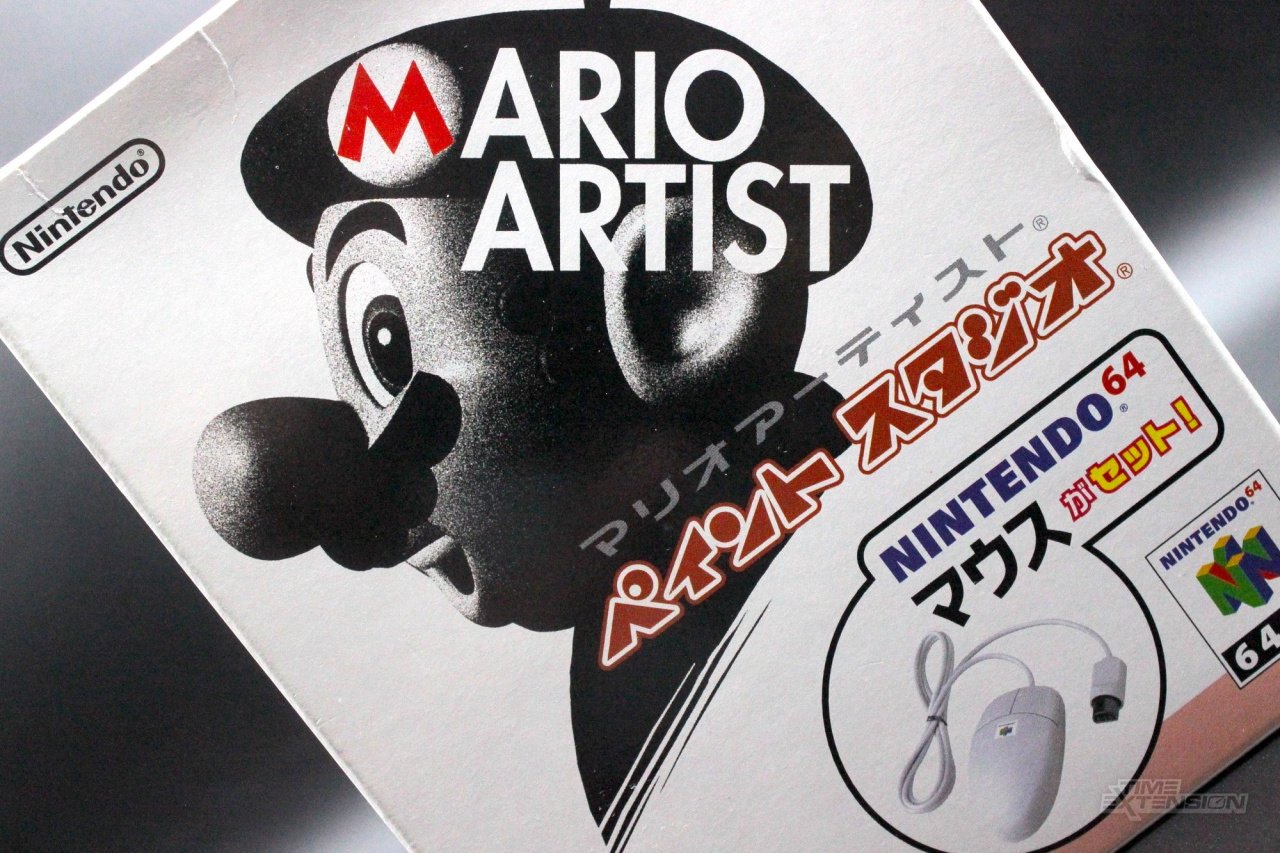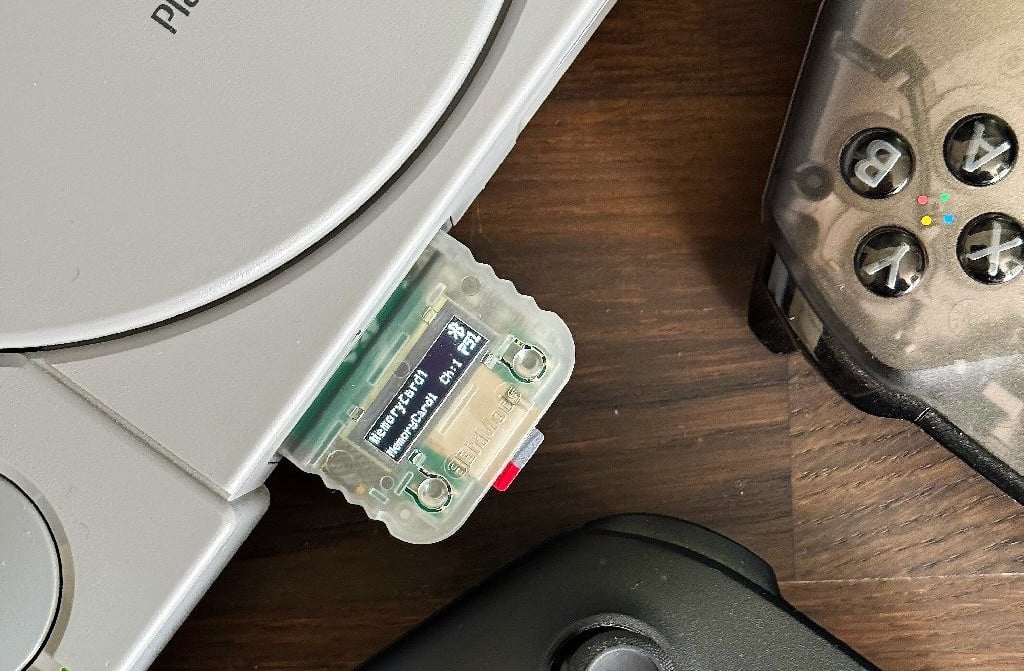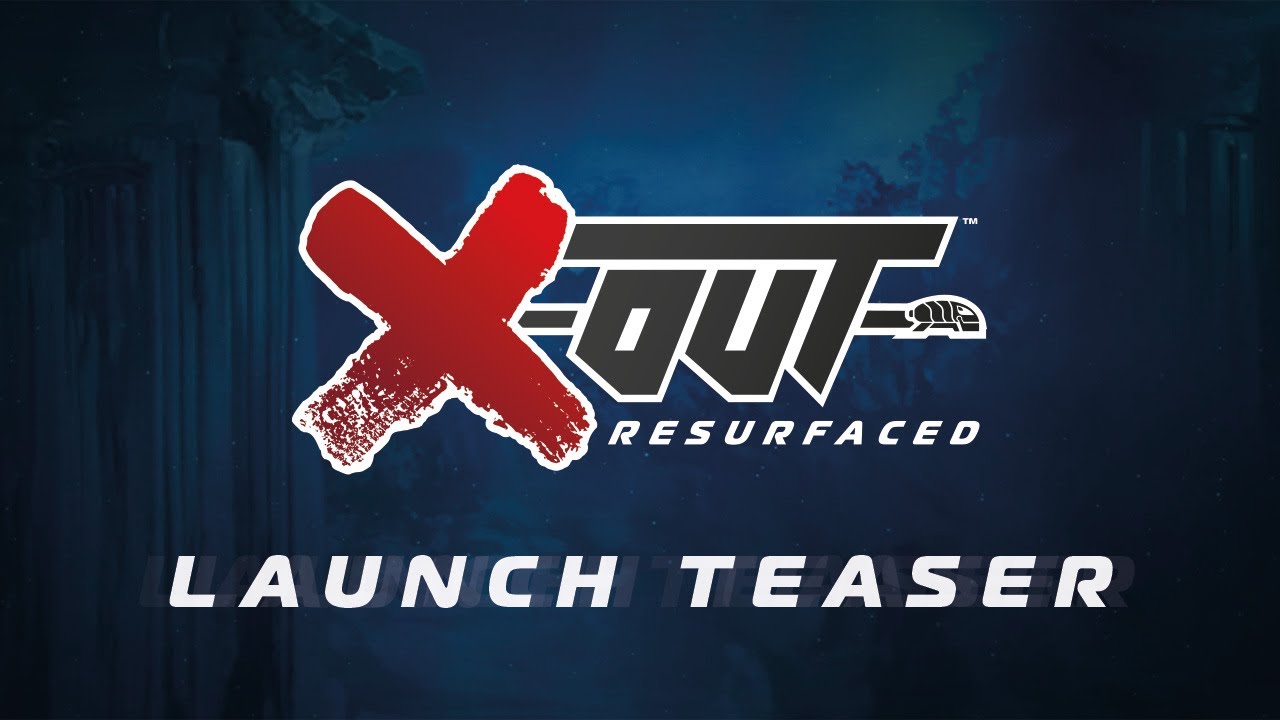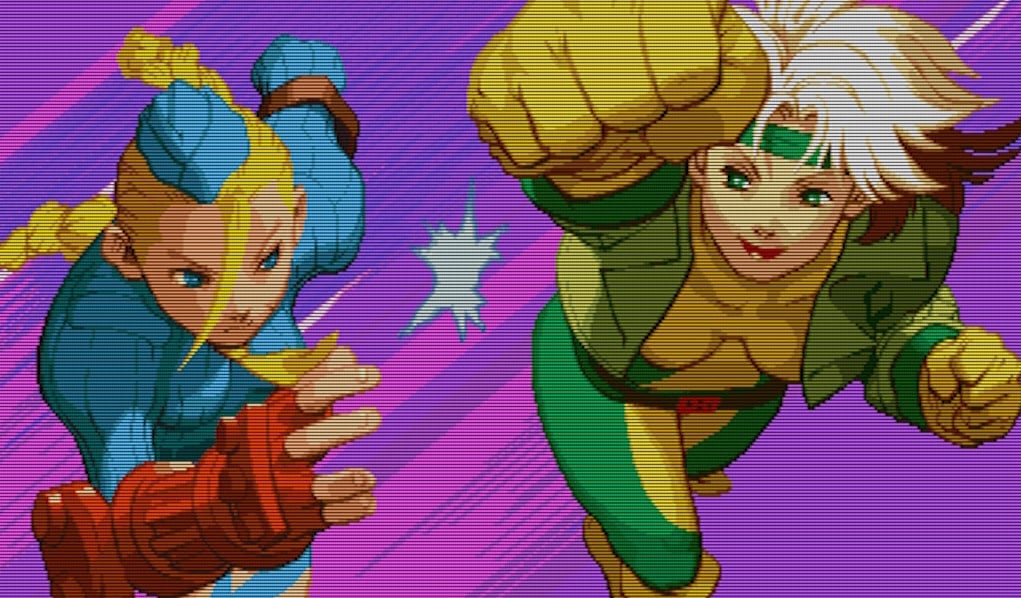“We got invited just on the fact that I got a bit arsey with Nintendo. And rightly so!”.
The Manchester games studio Software Creations is primarily known as the developer of games like Solstice, Plok, and a number of licensed titles based on popular films and comic books. However, what you might not know is that between 1995 to 1999, it teamed up with both Nintendo of America and Nintendo of Japan to work on what eventually became a successor to Mario Paint called Mario Artist: Paint Studio.
In 1995, Nintendo of America selected Software Creations as a member of its Nintendo 64 “Dream Team” — a group of studios brought together to design tools and games for the upcoming console. Nintendo tasked the studio with working on the sound tools for the Nintendo 64, as well as creating an N64 art application which was originally nicknamed Ultra Creator (or Creator for short). The project, however, wouldn’t end up being the most straightforward of productions, with the game shifting focus and direction several times throughout its development.
Read the full article on timeextension.com
“We got invited just on the fact that I got a bit arsey with Nintendo. And rightly so!”.
The Manchester games studio Software Creations is primarily known as the developer of games like Solstice, Plok, and a number of licensed titles based on popular films and comic books. However, what you might not know is that between 1995 to 1999, it teamed up with both Nintendo of America and Nintendo of Japan to work on what eventually became a successor to Mario Paint called Mario Artist: Paint Studio.
In 1995, Nintendo of America selected Software Creations as a member of its Nintendo 64 “Dream Team” — a group of studios brought together to design tools and games for the upcoming console. Nintendo tasked the studio with working on the sound tools for the Nintendo 64, as well as creating an N64 art application which was originally nicknamed Ultra Creator (or Creator for short). The project, however, wouldn’t end up being the most straightforward of productions, with the game shifting focus and direction several times throughout its development.
Read the full article on timeextension.com

